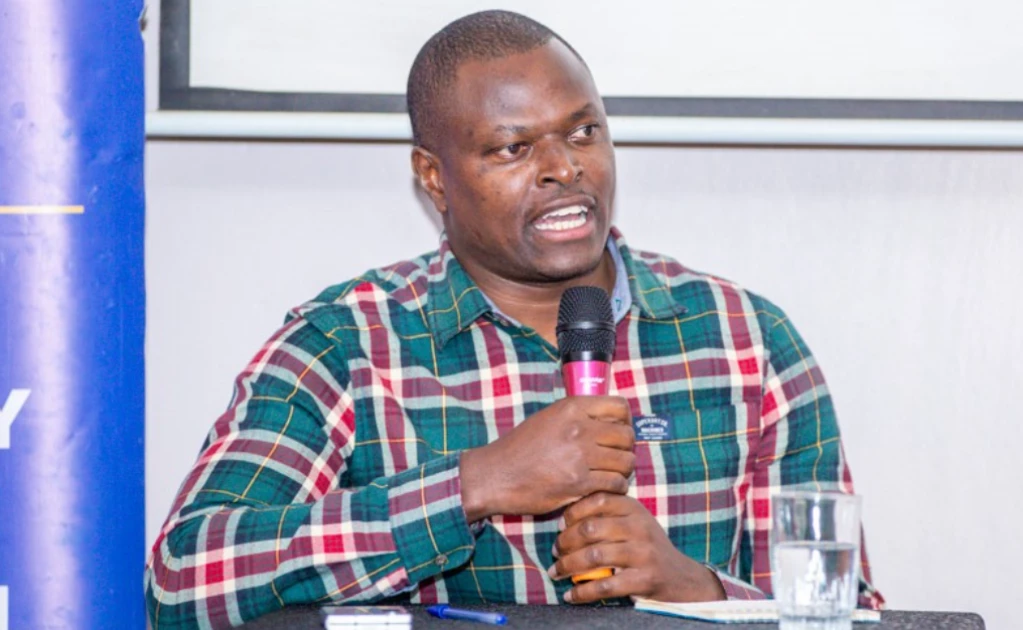Gov't borrowing Ksh.3.4 billion daily: MP Ndindi Nyoro claims

Kiharu MP Ndindi Nyoro speaks during a past event. PHOTO | COURTESY

Audio By Vocalize
Kiharu Member of Parliament Ndindi Nyoro has criticised the
government's growing reliance on securitisation, warning that it amounts to
"borrowing by another name" and risks burdening future generations.
Speaking at a business expo in Nyeri County, the legislator
questioned the logic behind securitising fuel levies and road maintenance funds
to borrow up to Ksh.100 billion every month.
He argued that such financial maneuvers sidestep deeper
issues of fiscal mismanagement, instead of addressing them directly.
“Central Bank data shows that Kenya’s public debt currently
stands at over Ksh.12.1 trillion. In just the past three years, the government
has borrowed more than Ksh.3.5 trillion, according to Treasury data," he
said.
The lawmaker further broke down the burden, saying: “Kenya
is now borrowing Ksh.3.4 billion every single day or Ksh.140 million per
hour. Simply, Ksh.2.4 million per minute, both day and night, every day. Out of
that, the Kenyan debt is now over Ksh.12.1 trillion. This is besides the
Ksh.175 billion borrowed through securitisation of the Fuel Levy and the Ksh.45
billion Talanta Bond.”
He added: "And every single day, when the lights go
off, every day, every single day, Kenya is borrowing Ksh.3.4 billion every
day."
The MP expressed concern that new securitised bonds and
deals backed by road levies are being pursued without adequate Parliamentary
oversight, effectively locking the country into long-term financial obligations
through the back door.
He noted that the rate of borrowing is unsustainable, highlighting
that Kenya has borrowed three times in three years what former President Mwai
Kibaki borrowed throughout his tenure.
'We have borrowed three times what Kibaki borrowed in ten
years. That’s the money Kenya has borrowed in the last three years alone. And
in that money, I have not included other debts that Kenya has now become adept
at borrowing in the name of something called securitisation," noted Nyoro.
“Let us serve our country with dedication. And let us not
seek to give good narratives out there when the Kenyan economy is actually
being jacked down or torn down."
Proponents of securitisation argue that it helps unlock
much-needed funding for stalled infrastructure projects such as roads and solar
electrification without adding to the headline debt.
However, critics warn
that securitisation still mortgages future public revenues and risks
undermining fiscal transparency.


Leave a Comment